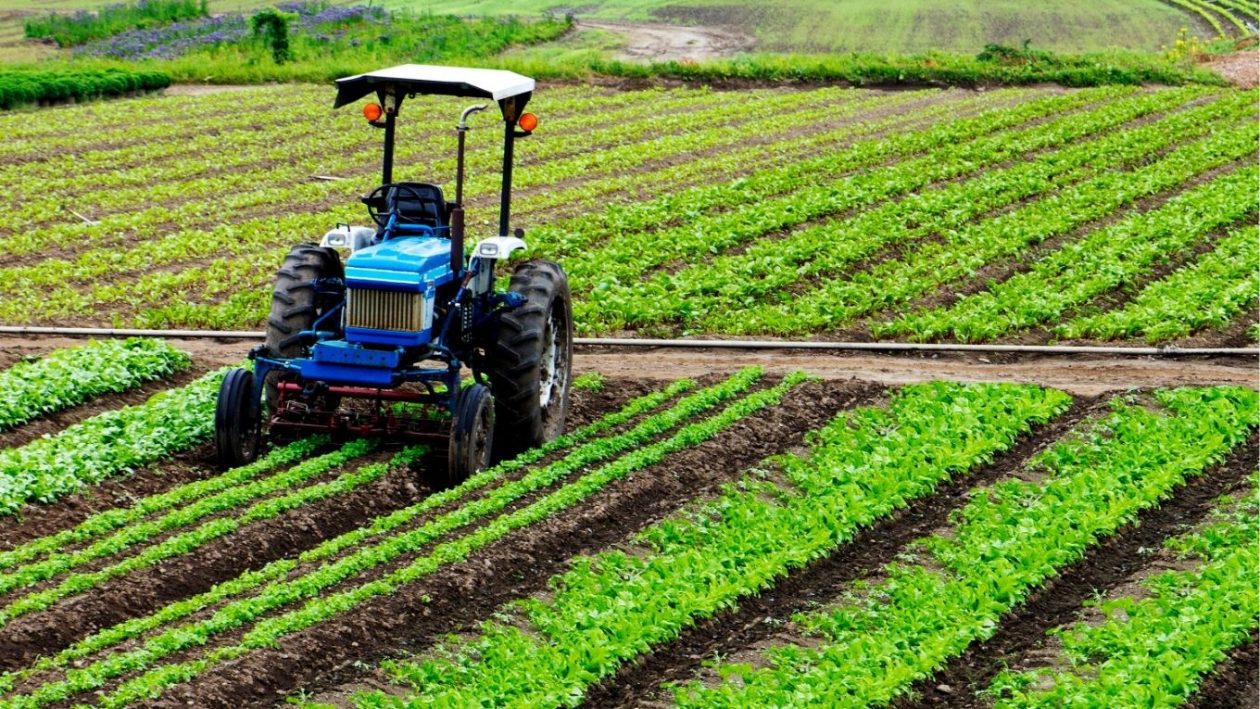Planters and Growers

Planters and growers are major factors in the agrarian world who bring about socio-economic changes with crop production being their main objective. These are the people that will be planning, planting, and taking care of plants with a focus on how to get as much yield out of them. The expertise to provide the right food also includes planters and growers working in greenhouses, open fields, or orchards, thereby making them indispensable partners as far as economically viable agriculture is concerned. This post explores those rigorous yet fundamental details of a cultivator, and includes working skills, and various agricultural technology developments in farm country.
What Planters and Growers Do
Planters and growers do more than just plant the seed. The term includes all activities that are involved in guaranteeing plants have the care and conditions for them to flourish. Key responsibilities include:
- Soil Preparation: The first step to a successful planting is preparing the soil. This includes soil testing, adding organic matter or fertilizers, and ensuring appropriate drainage.
- Planting: Choosing the best seeds or seedlings, and planting them at the correct depth and spacing. Your plant selection and how you place them can greatly affect growth and yield.
- Irrigation Management: Good techniques to irrigate properly so that plants get the required moisture. This encompasses choosing the proper irrigation system and then watering on an appropriate schedule for each plant.
- Plant Inspection: Looking out for pests, diseases, and all other threats to plant health which could risk the overall yield. This may include the use of supplemental insecticides, biological controls, or integrated pest management.
- Harvesting: Determining the best time to harvest crops for maximum yield and quality. It involves using specialized harvesting methods to maintain the longevity of produce in resalable conditions.
Skills and Qualifications
A good planter has a mix of technical skills, hands-on know-how, and personal attributes. There are several key skills and qualifications that you will need:
- Agricultural Knowledge: A solid understanding of plant biology, soil ecosystems, and other agricultural practices. This knowledge informs decisions on planting, fertilization, and pest control.
- Technical Skills: Proficiency in using farming equipment such as tractors, irrigation systems, and greenhouse controls.
- Problem-Solving Skills: The ability to identify and resolve plant health issues, pest problems, etc. Fast and effective problem-solving prevents minor issues from becoming major problems.
- Attention to Detail: Monitoring plant growth, soil conditions, and weather patterns requires a keen eye for detail. Small changes can have large effects on crop results.
- Physical Stamina: Farming is hard, time-consuming work. This job requires physical fitness and stamina to manage the workload.
- Communication Skills: The ability to collaborate with teammates, vendors, and customers. Effective communication ensures everyone is on the same page and operations run smoothly.
Best Management Practices for Planters and Growers
Utilizing best practices will dramatically increase the efficiency and productivity of those planting or growing. Consider the following general best practices:
Sustainable Farming
Sustainable farming multiplies the productivity of soil and prevents water contamination. Examples of sustainable practices include:
- Crop Rotation: Using different crops to improve soil fertility and control pests and diseases. Crop rotation prevents the depletion of specific nutrients and disrupts pest cycles.
- Organic Farming: Using organic fertilizers and pest control methods to promote plant health and environmental sustainability. This reduces reliance on synthetic chemicals and preserves soil biodiversity.
- Conservation Tillage: Reducing soil disturbance to protect soil structure and prevent erosion. Conservation tillage practices, such as no-till farming, maintain soil health and moisture levels.
Use of Technology
Technological advancements in agriculture benefit planters and growers significantly. Key technologies include:
- Precision Agriculture: Using GPS and data analytics to optimize planting, fertilization, and irrigation. Precision agriculture techniques apply inputs more efficiently and accurately.
- Drones: Using drones for aerial scans to monitor crop health and detect issues early. Drones provide high-resolution images for accurate assessment and visualization of plant health.
- Automated Equipment: Utilizing automated equipment for planting and harvesting to increase speed and consistency. Automation reduces labor costs and improves operational efficiency.
Challenges Faced by Planters and Growers
Despite advancements in agriculture, planters and growers still face many challenges that can affect their output and business. These challenges include:
- Climate Change: Changing weather patterns and extreme conditions can impact crop growth and yield. Sustainable farming practices help manage variability through flexibility and resilience.
- Pests and Diseases: Controlling pests and diseases sustainably without harming the environment or human health. Pest-resistant crops and integrated pest management strategies are crucial.
- Market Fluctuations: Price volatility and market demand can affect crop production economics. Crop diversification and value-added products help mitigate market risks.
- Resource Management: Efficiently using resources like water, soil, and labor to maximize yield. Precision irrigation and increasing agricultural productivity per hectare are important considerations.
Future Trends in Planting and Growing
Continual advancements in technology and new sustainable practices will shape the future of planting and growing. Emerging trends include:
- Vertical Farming: Growing crops in vertically stacked layers to reduce land and resource usage. Urban areas benefit from vertical farming systems, reducing transportation distance and making fresh produce more accessible.
- Hydroponics and Aquaponics: Agricultural methods of growing plants using mineral nutrient solutions in water without soil. These systems can achieve higher yields with less water use compared to traditional soil-based farming.
- Genetic Engineering: Developing genetically engineered crops that are resistant to pests and diseases and can tolerate environmental stresses. Genetic engineering enhances crop resilience and reduces the need for chemical inputs.
By staying updated with the latest trends and continuously improving their practices, planters and growers can ensure sustainable and productive agricultural operations.